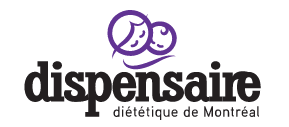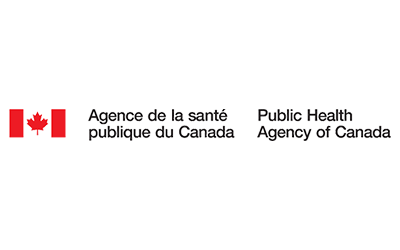A mother whose baby has received a diagnosis of allergy to dairy products can continue breastfeeding as long as she removes all food that may contain cow’s milk from her own diet.
It may also be necessary to eliminate bovine protein from the mother’s diet because it sometimes happens that a child allergic to dairy products is also allergic to bovine protein. For this purpose, Allergies Quebec proposes lists of keywords (French only) to spot in lists of ingredients.
Milk, dairy products, beef, veal and bison provide many important nutrients for breastfeeding women, including proteins. To make sure she gets enough protein, it is important that the mother consumes other types of meat (lamb, chicken, turkey) and alternatives (legumes, nuts, eggs, etc.) while maximizing non-dairy sources of calcium and vitamin D.
As for goat milk, it can bring a cross-allergy and should not be used as a substitute for cow’s milk. Similarly, because several immune mechanisms are involved in the development of allergies, fortified soy beverages should not be substituted for cow’s milk unless the pediatrician considers it acceptable.
If the use of infant formula is needed, you can consult the following article to orient your choice of substitutes.
Finally, to maintain an adequate nutritional status, nutritional assessments are indicated for both the mother and the baby whose weight gain should be carefully monitored. It is also recommended to consult as soon as possible with an allergy and immunology specialist to monitor food allergies.
As dairy allergy tends to disappear during childhood, the allergen may be gradually reintegrated in the diet after a while. But before proceeding to do so, it is important to obtain a confirmation that the allergy is gone with an oral tolerance test or a skin test and a doctor’s approval.






